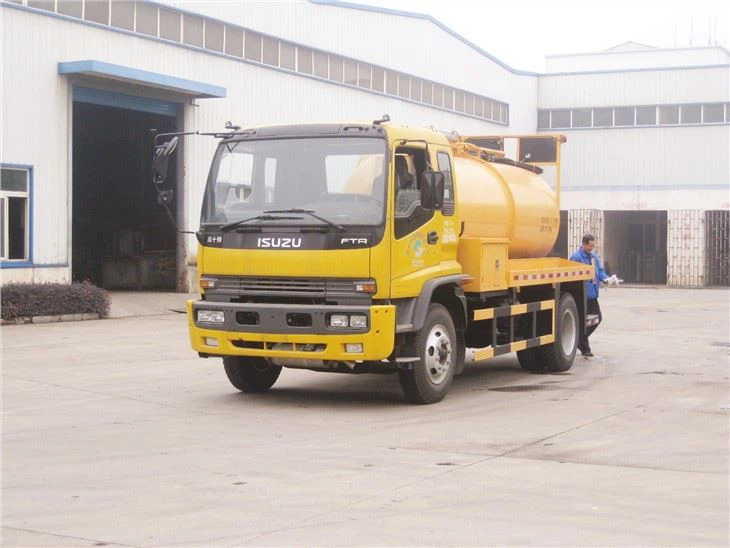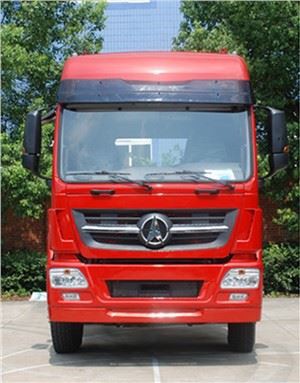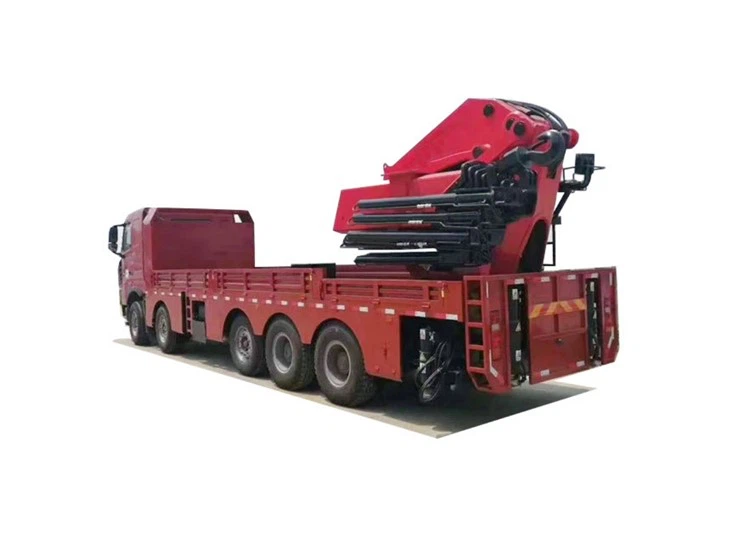LPG Gas vs Propane: Understanding the Differences and Choosing the Right Fuel for Your Needs

The debate between LPG gas and propane is common among consumers and industry professionals alike. As more people turn to alternative energy sources for heating, cooking, and powering appliances, understanding these two fuels is essential. This article will explore the differences, applications, advantages, and disadvantages of LPG gas and propane, along with practical tips to help you make an informed decision.
Table of Contents
- Introduction
- What is LPG?
- What is Propane?
- Differences Between LPG and Propane
- Advantages and Disadvantages of LPG and Propane
- Applications and Uses of LPG and Propane
- Safety Precautions for LPG and Propane
- Cost Comparison of LPG and Propane
- Environmental Impact of LPG and Propane
- Frequently Asked Questions
Introduction
In the realm of fuels, LPG (liquefied petroleum gas) and propane often get intertwined, yet they have distinct characteristics that make them suited for different applications. Understanding their unique properties, efficiencies, and safe handling measures can significantly influence your choice based on your specific needs. Whether for residential heating, vehicle fuel, or industrial purposes, knowing which type of gas is best for you can save money and enhance safety.
What is LPG?
LPG, or liquefied petroleum gas, is a mixture of hydrocarbon gases, primarily propane and butane, that is used as a fuel. It is created during the refining process of crude oil and is also a byproduct of natural gas processing. Due to its higher energy content and versatility, it has become popular for various applications.
Characteristics of LPG
- Colorless and odorless in its natural state.
- Heavier than air, making it important to store properly.
- Requires pressurization to transform into a liquid form.
What is Propane?
Propane is a specific type of liquefied petroleum gas. It is a three-carbon alkane with the chemical formula C3H8. Propane is commonly used as a fuel for heating, cooking, and automotive applications. It is popular due to its efficiency and relatively low carbon emissions.
Characteristics of Propane
- Colorless and odorless until mixed with odorants for safety.
- Can operate efficiently in low temperatures.
- Stored under pressure as a liquid, readily vaporizes upon release.
Differences Between LPG and Propane
| Aspect | LPG | Propane |
|---|---|---|
| Composition | Mixture of propane and butane | Pure propane |
| Energy Content | Varies based on composition | Higher purity gives consistent energy content |
| Usage Temperature | Generally less effective in low temperatures | Stable in lower temperatures |
| Applications | Residential heating, cooking, industrial | Grilling, heating, and automotive fuel |
Advantages and Disadvantages of LPG and Propane
Advantages of LPG
- Versatile fuel option for various applications.
- Exhibits lower emissions compared to other fossil fuels.
- Can be stored and transported easily.
Disadvantages of LPG
- Not as efficient in colder temperatures compared to propane.
- May require special equipment for certain applications.
Advantages of Propane
- Reliable performance in cold climates.
- High energy content, providing efficient heat.
- Cleaner-burning than many other types of fuel.

Disadvantages of Propane
- Can be more expensive depending on market conditions.
- Requires proper handling and safety measures.
Applications and Uses of LPG and Propane
Common Uses of LPG
- Residential heating (boilers and heaters).
- Cooking (stoves and grills).
- Industrial applications (forklifts, heat treatment, etc.).
Common Uses of Propane
- Outdoor grills and patio heaters.
- Home heating systems (furnaces and fireplaces).
- Heavy-duty vehicles (forklifts, trucks).
Safety Precautions for LPG and Propane
Safety is paramount when handling LPG and propane. The following precautions are essential to prevent accidents:
Storage Guidelines
- Store cylinders upright in a well-ventilated area.
- Avoid exposure to extreme temperatures.
- Check for leaks regularly using soapy water.
Handling Procedures
- Always use protective gear when handling tanks.
- Do not smoke or use open flames near storage areas.
- Install detectors for gas leaks in your home or workplace.
Cost Comparison of LPG and Propane
The cost of LPG and propane can fluctuate due to various factors, including supply and demand, geographical area, and seasonal changes.
Price Fluctuations
| Factor | LPG Price | Propane Price |
|---|---|---|
| Market Demand | Can increase due to high demand | Follows similar trends but can be more susceptible |
| Geographical Area | Regional pricing may vary | Prices may also be influenced by local competition |
| Seasons | Higher during winter months | Can be influenced by heating needs |
Environmental Impact of LPG and Propane
Both LPG and propane are recognized as cleaner fossil fuels compared to coal and oil, releasing fewer pollutants into the air.
Emission Comparisons
| Fuel Type | CO2 Emissions | SO2 Emissions |
|---|---|---|
| LPG | Less than oil and coal | Minimal |
| Propane | Similar to LPG | Minimal |
Utilizing either fuel could lead to a reduction in overall greenhouse gas emissions when switching from more polluting alternatives.
Frequently Asked Questions

1. Can LPG and propane be used interchangeably?
While both fuels are similar, they are not entirely interchangeable. LPG is a mixture that includes propane, so it might not perform the same in all appliances designed exclusively for pure propane.
2. Is LPG or propane better for home heating?
Propane is often preferred for home heating in colder climates due to its better performance at low temperatures, whereas LPG might perform variably based on its butane content.
3. What are the safety risks associated with LPG and propane?
Both gases are flammable and can pose risks of explosion or fire if not handled correctly. Regular checks for leaks and proper storage are crucial safety measures.
4. How are LPG and propane sold?

Both types are typically sold in cylinders or tanks, and consumers can either purchase these or lease them from suppliers. Some regions also offer bulk delivery services.
5. Can I convert my appliances to use LPG or propane?
Most appliances can be converted to use either fuel, but it’s essential to consult with the manufacturer or a qualified technician to ensure proper installation and safety.
6. Which is more cost-effective for heating and cooking?
The cost-effectiveness of LPG vs. propane can vary based on local market conditions and efficiency of the appliance. It’s vital to consider both fuel price and appliance efficiency when making a decision.
